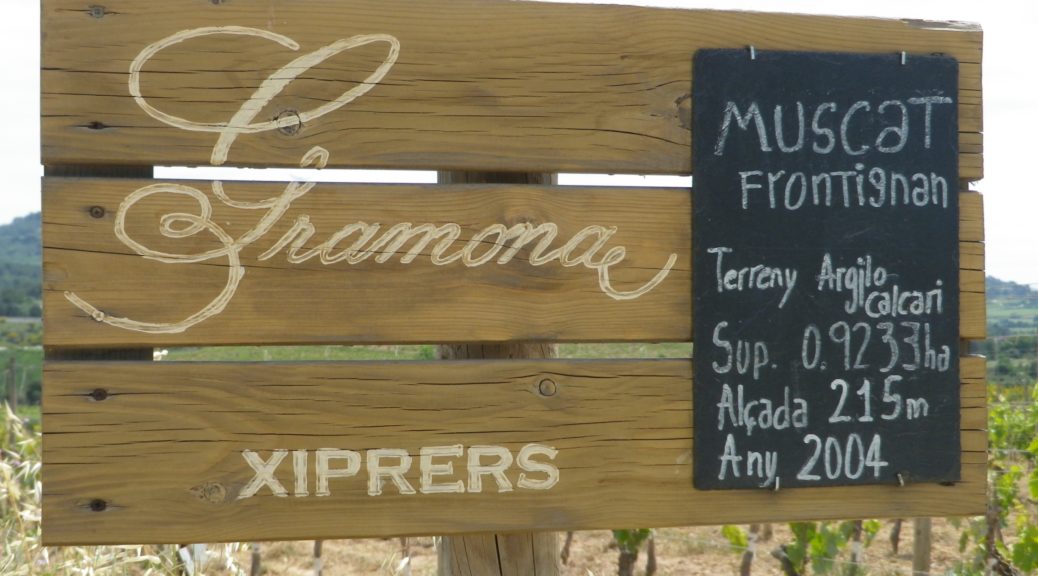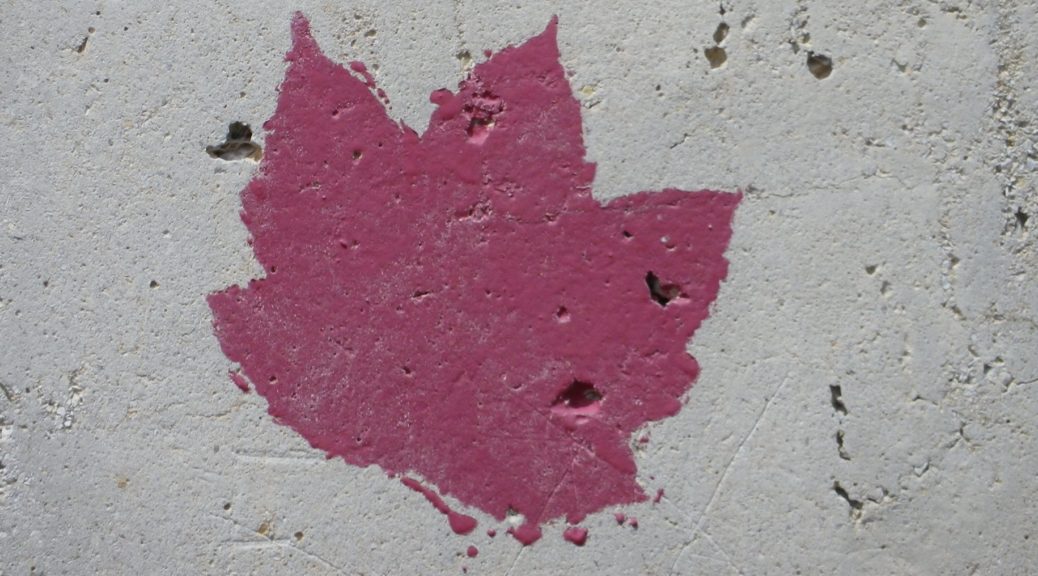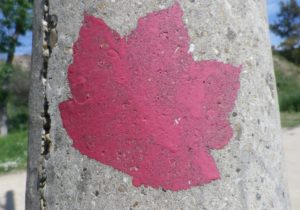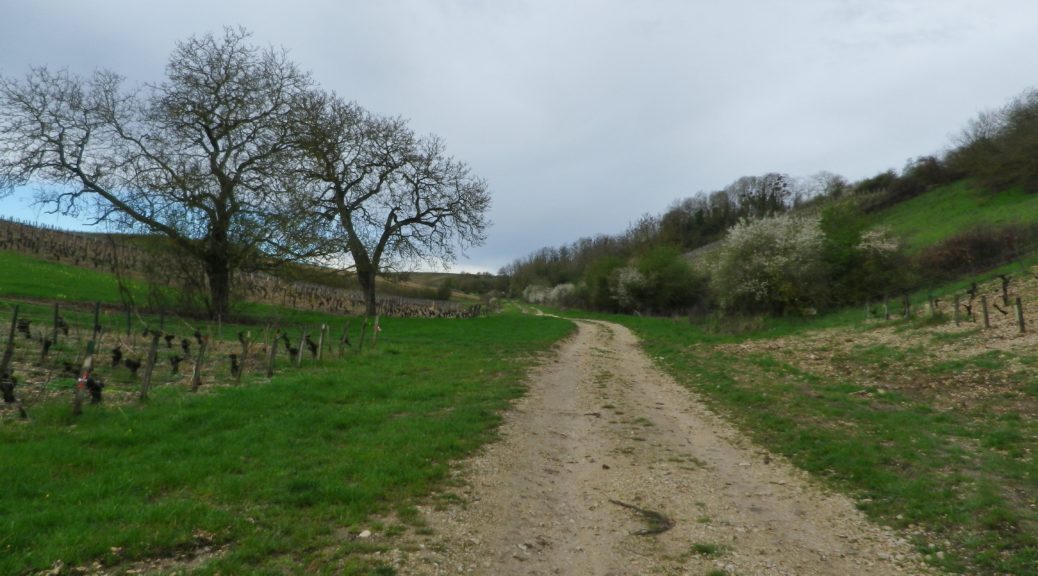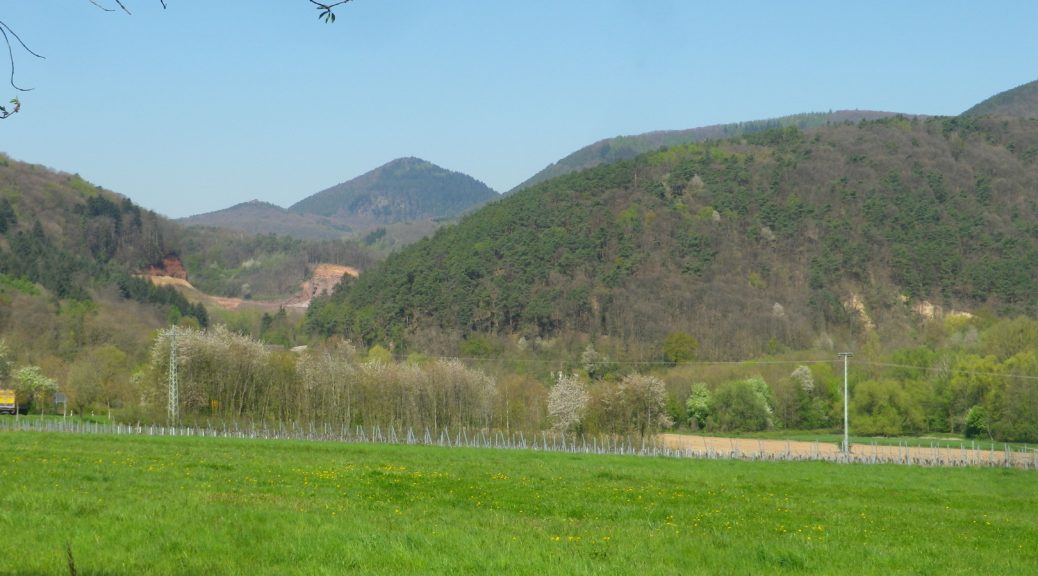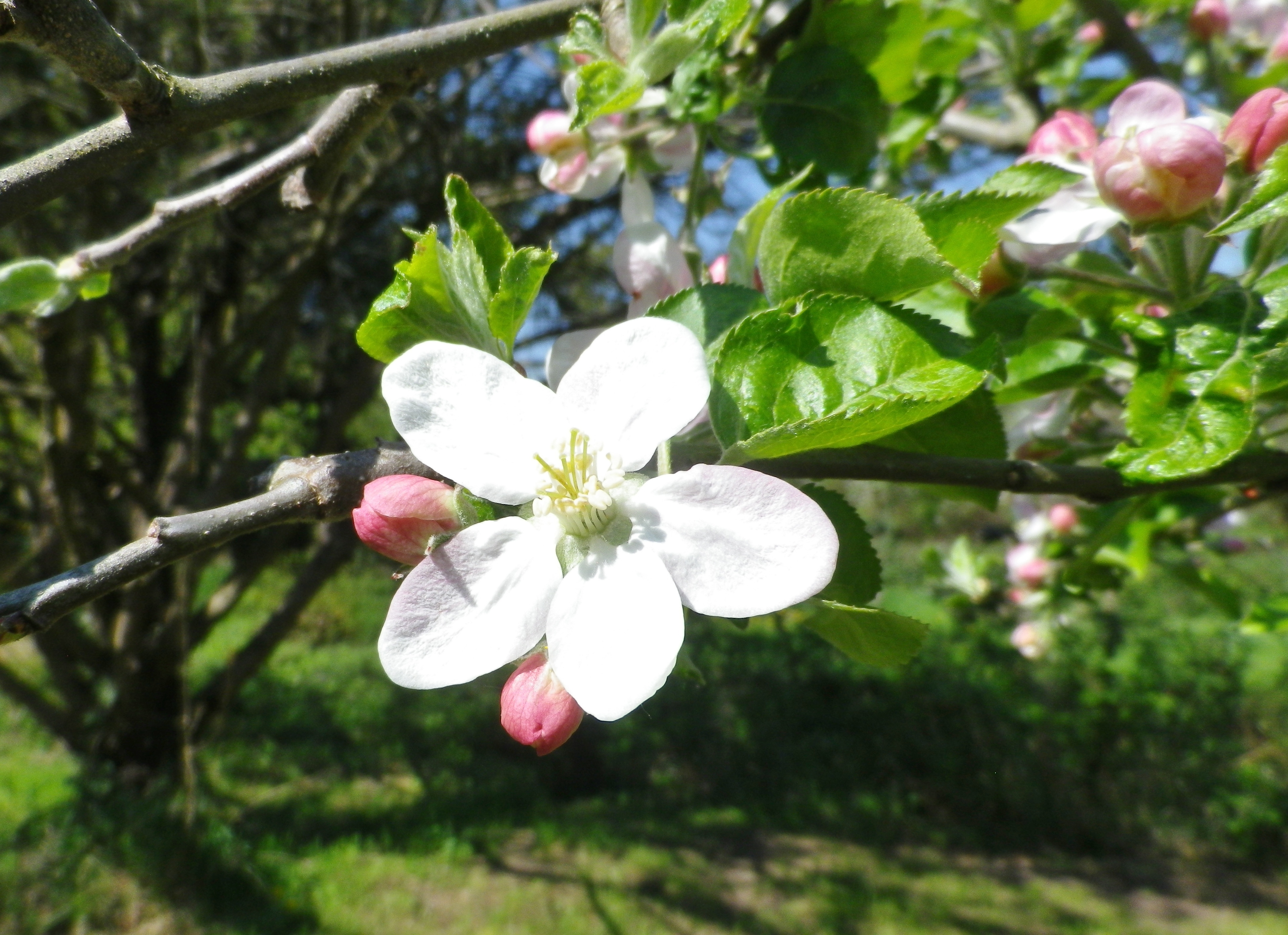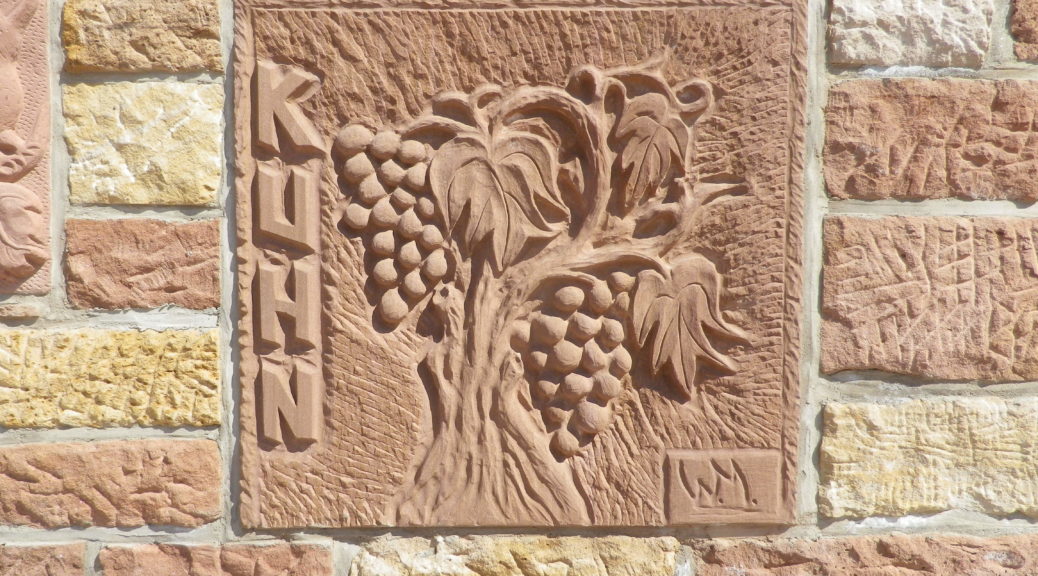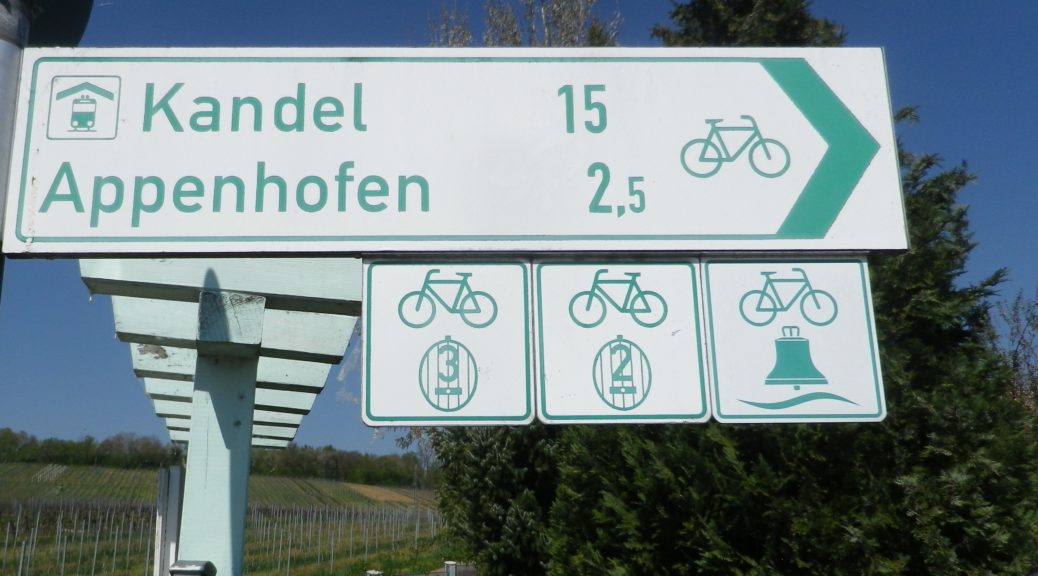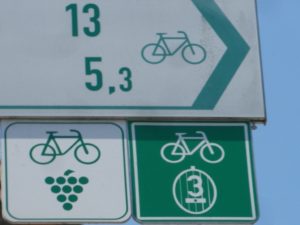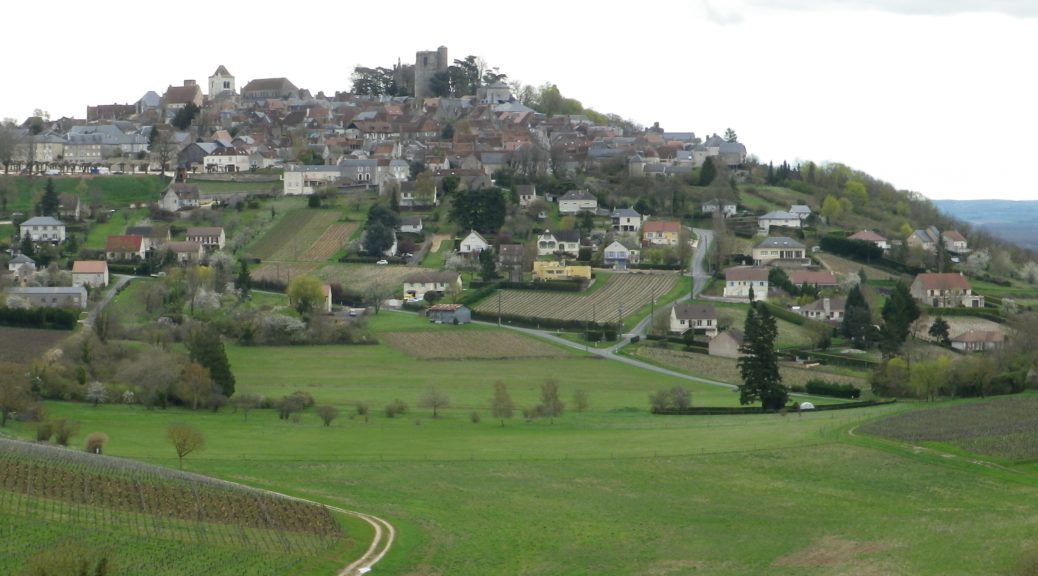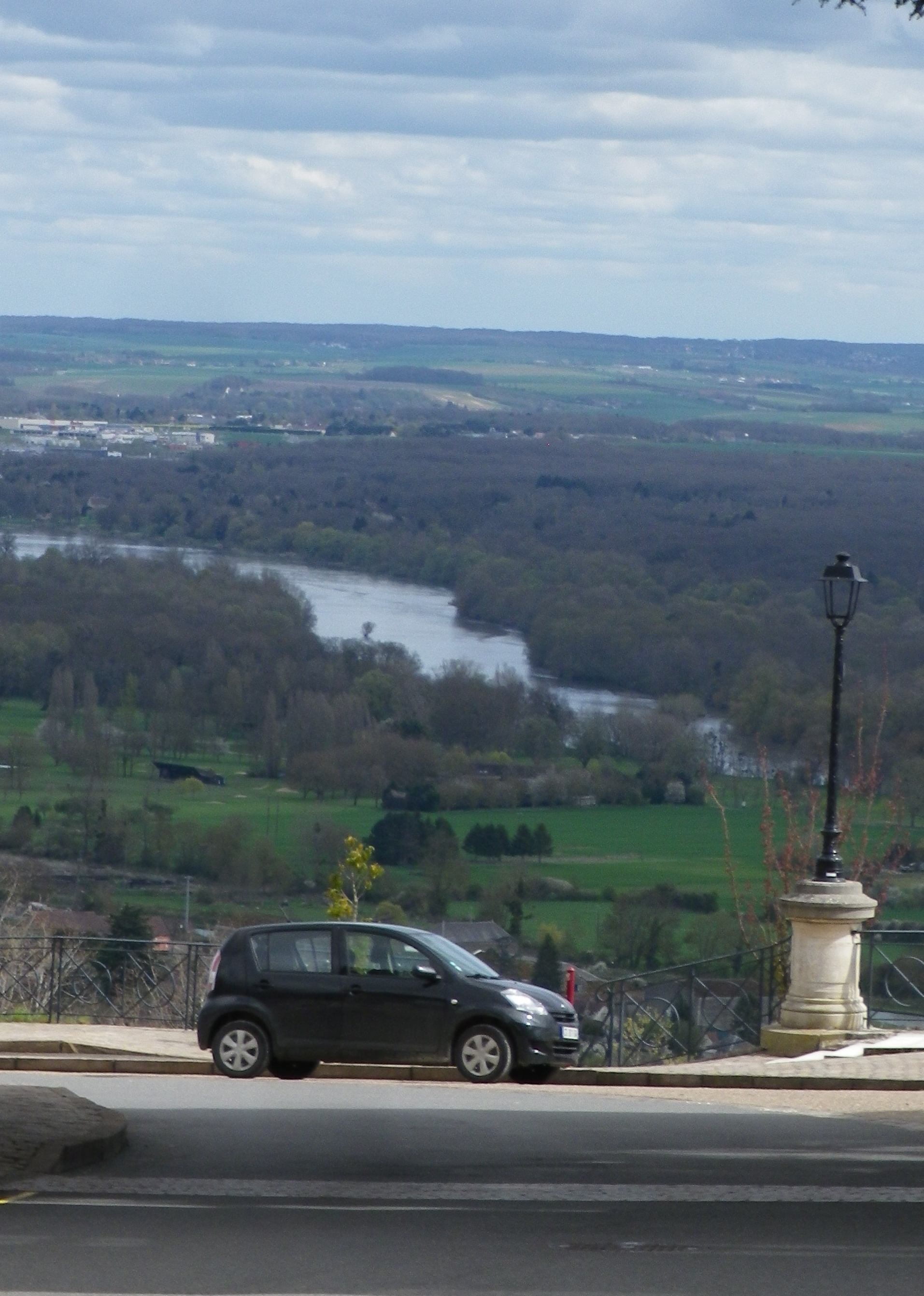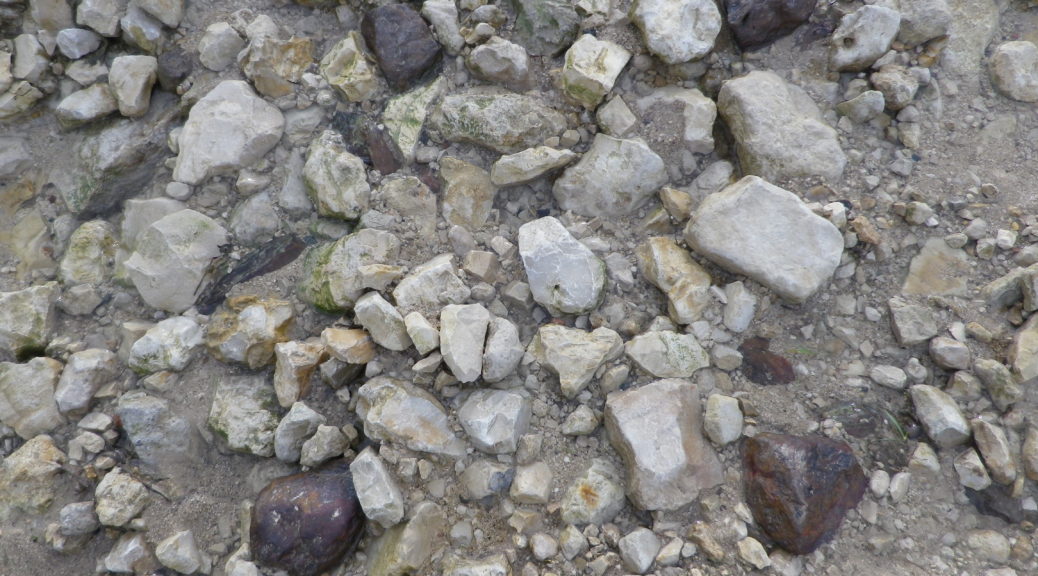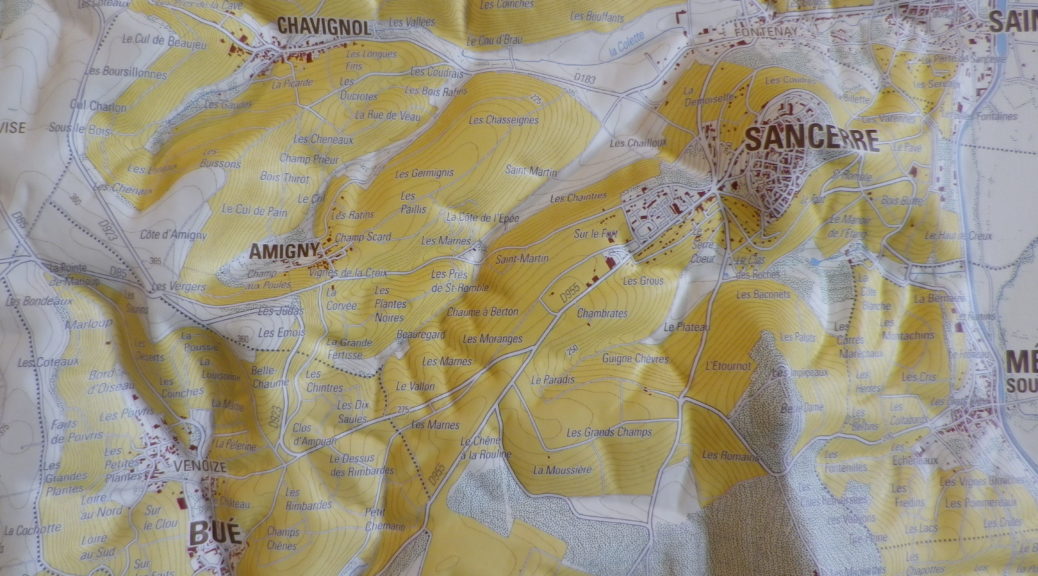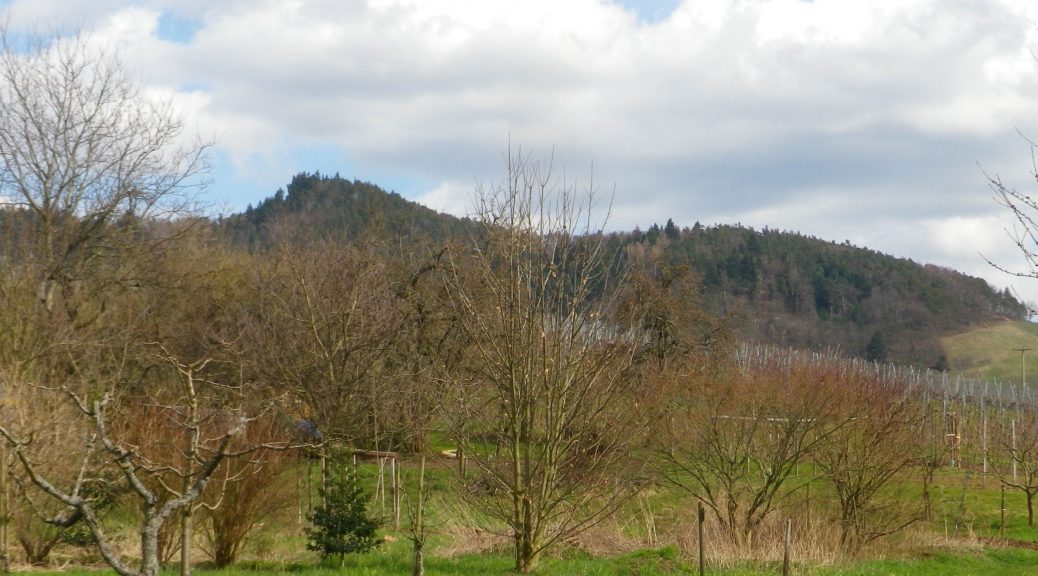What I Learned
The Pfalz has more hectares (about 23, 600) under vine than any other wine region in Germany, except Rheinhessen. It is divided into two districts: the Mittelhaardt, and the Suedliche Weinstrasse. White wine varietals, of which there are over 70 different types, predominate, especially Riesling, but red wine varietals are increasing, now with over 50 types, in proportion to the white varietals.
In the Suedliche Weinstrasse district, the Deutsche Weintor Winery (Winzergenossenschaft) primarily serves the Suedliche Weinstrasse district. Founded in 1956, the winery takes its name from Deutsche Weintor, the iconic wine gate in Schweigenhof-Rechtenbach on the French border, which marked the end of German’s first car tourism Route: The German Wine Road (Deutsche Weinstrasse). A popular tourist site, many people are familiar with the Deutsches Weintor vinothek there. However, its cellar, begun in 1957, is a bit further north, in Ilbesheim bei Landau. It likewise has a vinothek. Nowadays, with over 600 wine growers, and over 850 hectares, the Deutsche Weintor Winery dominates the wine production of this area.
Continue reading Wine Notes: Pfalz’s Suedliche Weinstrasse →
